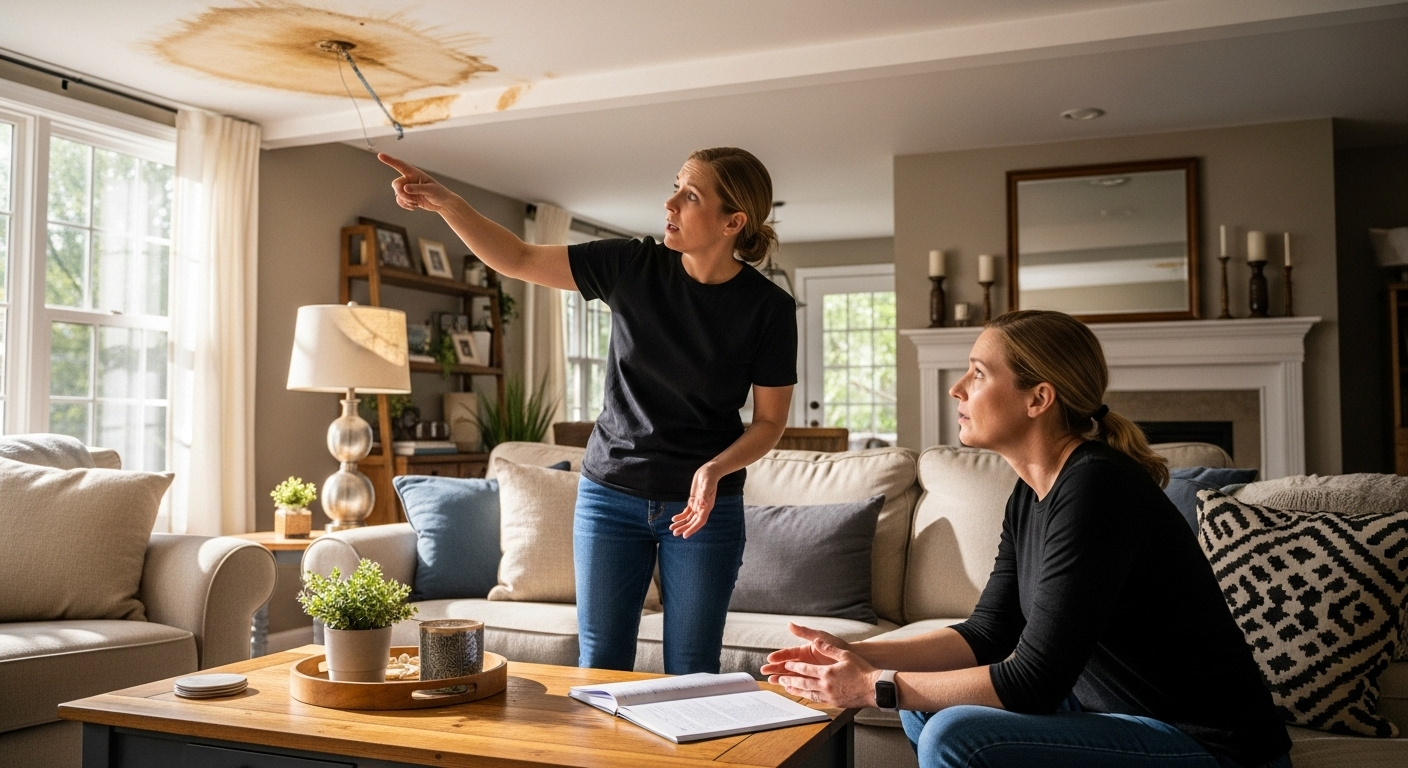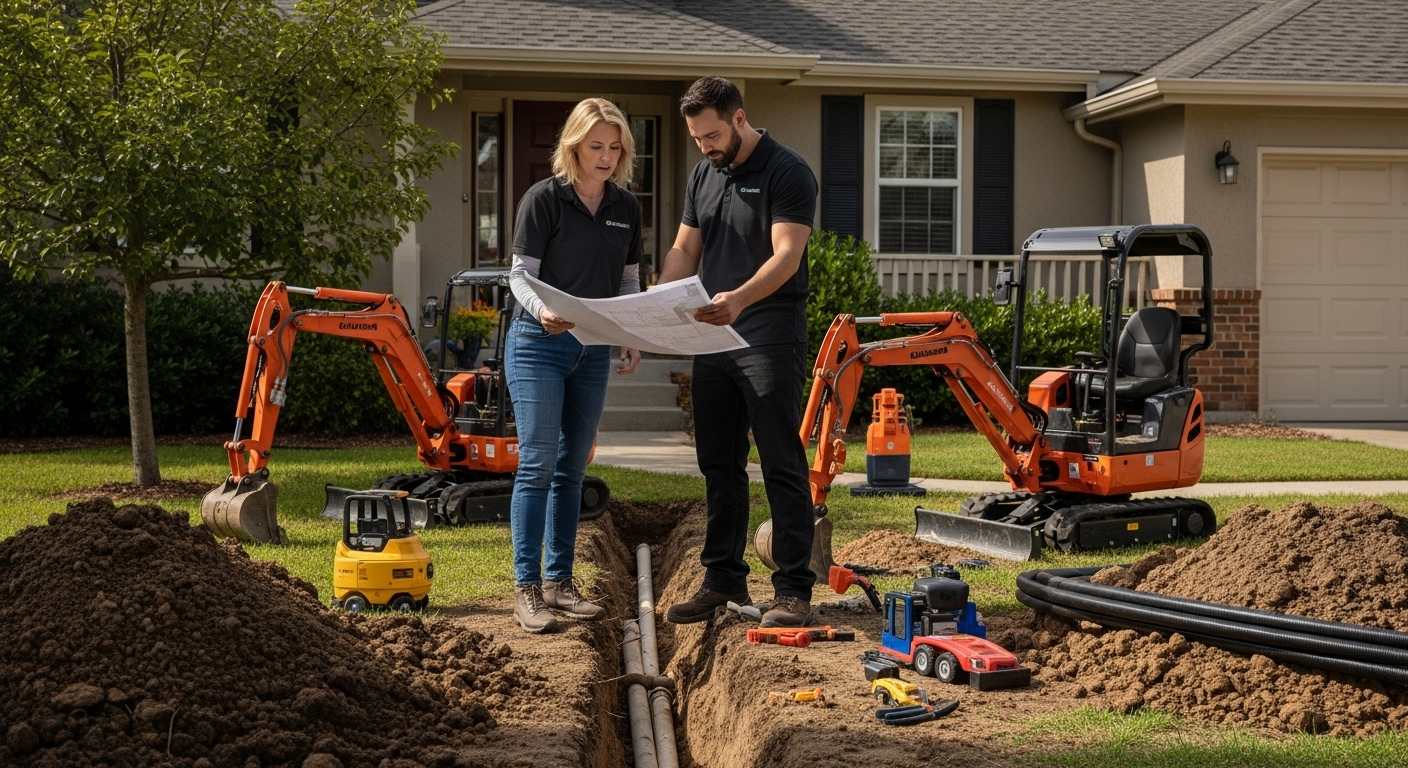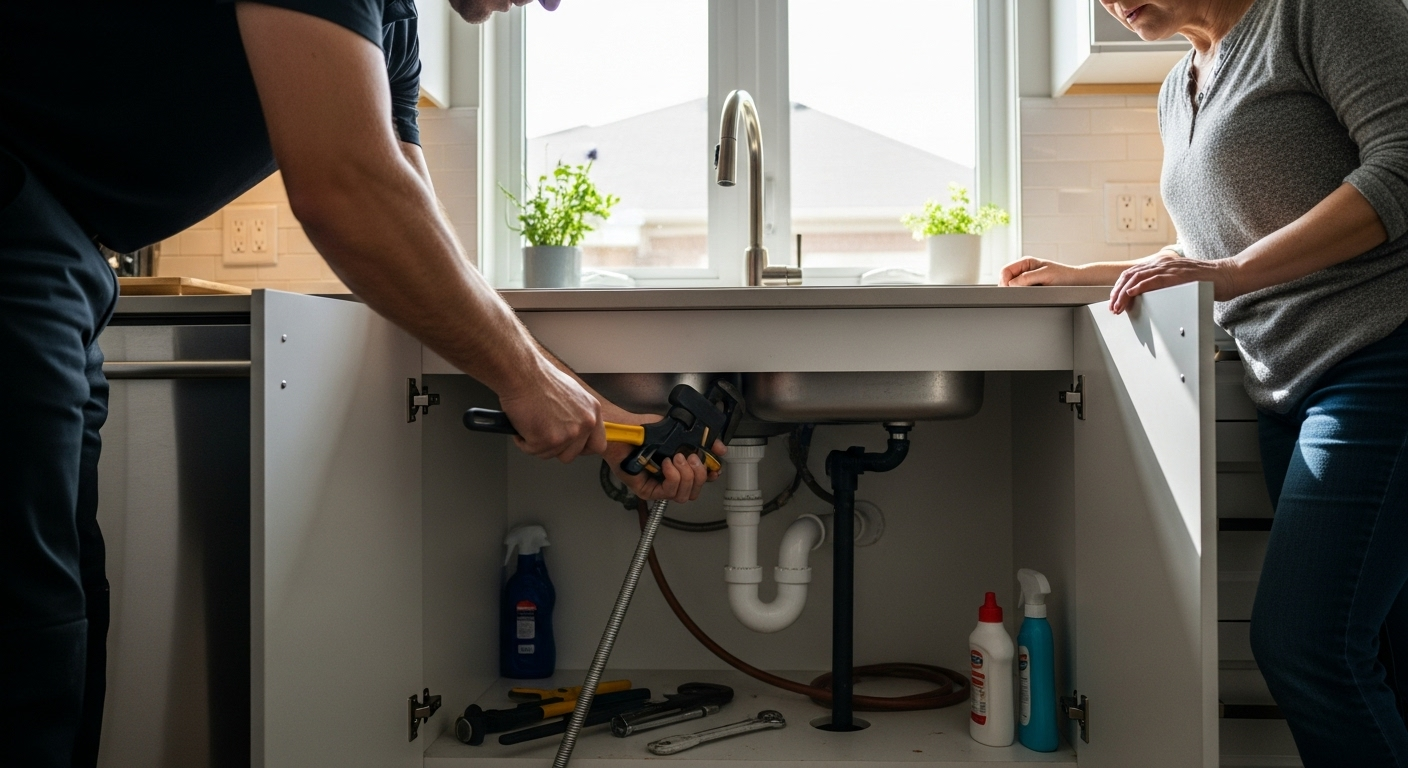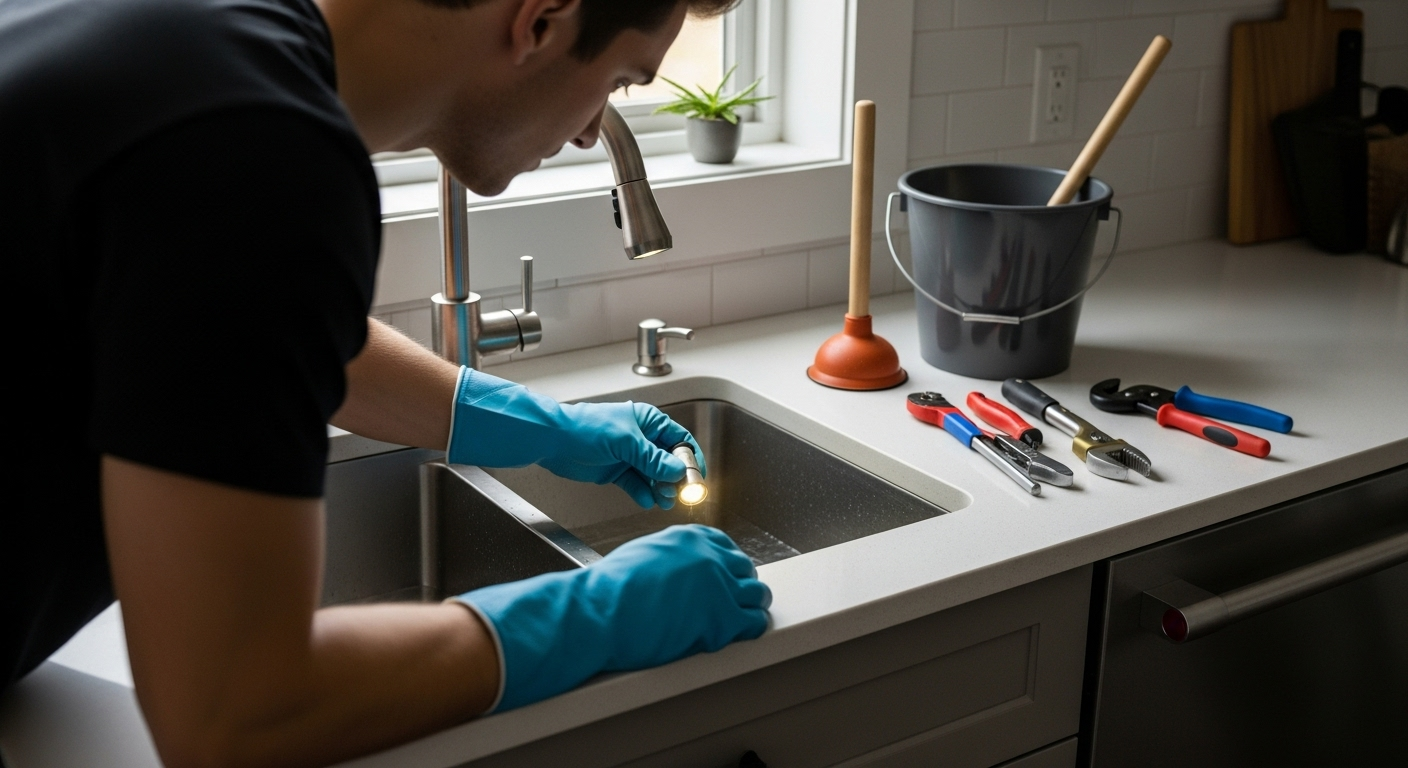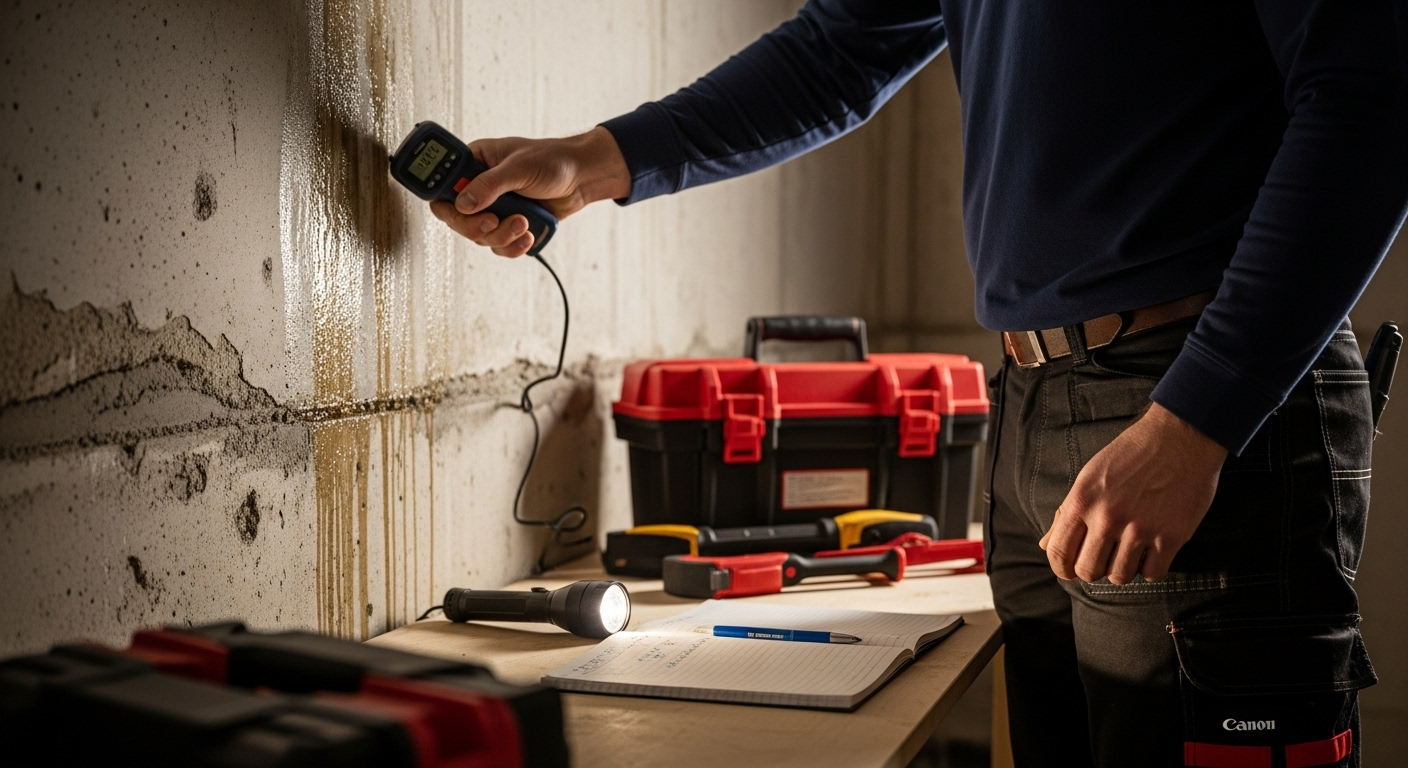How to Prevent Frozen Pipes
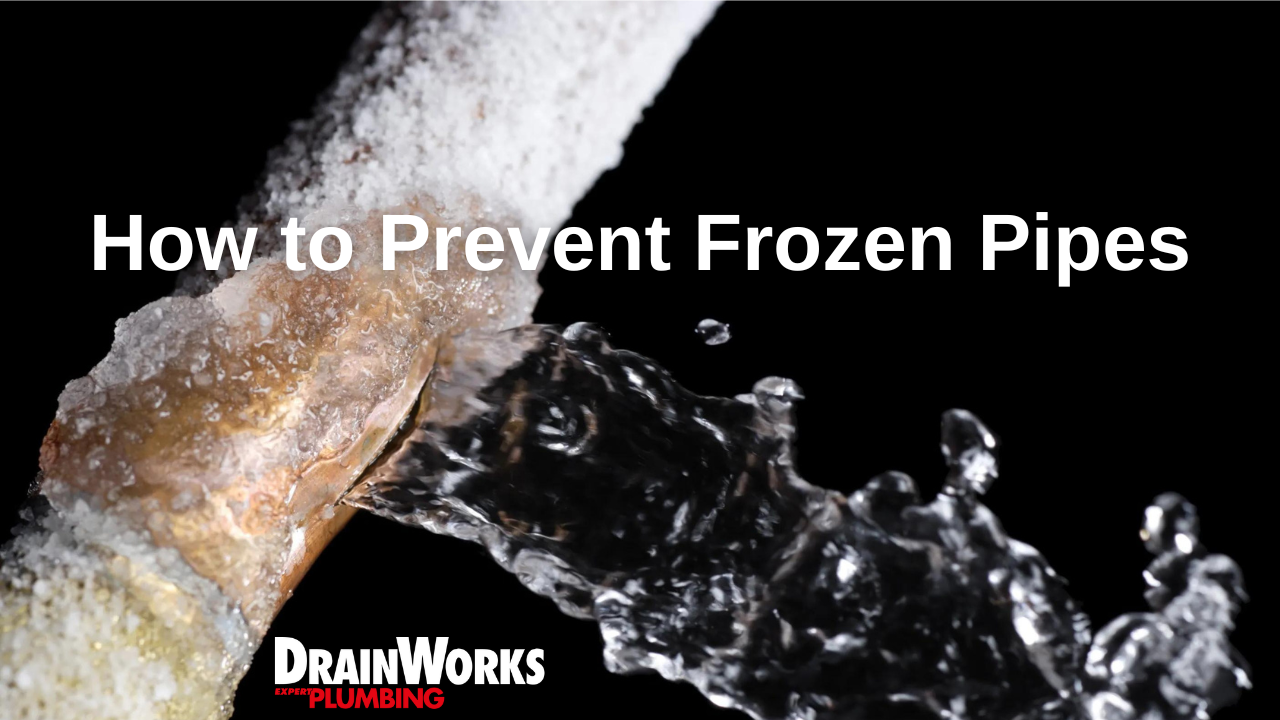
How to Prevent Frozen Pipes - A typical Toronto winter includes sub-zero temperatures for weeks at a time and plentiful snow. Unfortunately, cold weather can wreak havoc with water and sewage pipes. Not only can poorly insulated pipes freeze, but a thaw can also cause them to burst, leading to troublesome leaks and damage.
As
emergency plumbers in Toronto, DrainWorks Expert Plumbing visit properties every year that have ended up with problems caused by frozen pipes. To help, we’ve put together a checklist of actions that will significantly reduce the chances of ending up with a frozen or burst pipe. Discover how to keep your pipes safe and, hopefully, enjoy uninterrupted water supply and sewage flow, no matter what Jack Frost may bring.
On the off chance that you do experience any problems, we are an emergency plumber that Toronto residents can depend on for a prompt, reliable response and a fast, cost-effective solution to all plumbing issues.
Please be advised the advice in this blog article are for information purposes. Please follow your local municipalities guidelines as they may vary. The city of
Toronto has great tips as well
How to Prevent Pipes from Freezing
1. Insulate the Pipes
The easiest way to protect your pipes and stopping them from freezing is by insulating them. For small areas of pipe, this can be as simple as coating them with a Rockwool or fiberglass insulation tube.
Alternatively, it’s possible to buy lagging and wrap that around the pipe. Another amazing product we recommend is heat tape for water pipes. These are typically available at your local hardware store or online retailers.
Larger areas of pipe, or insulation for an entire property, are probably best left in the hands of professionals – ask the team at DrainWorks Expert Plumbing for a
pipe inspection to see what needs doing so that your pipes are appropriately insulated.
2. Keep the Temperature Surrounding the Pipes Above Freezing if Possible
This relates to the temperature inside and outside the pipe – if water passes through well-insulated pipes, it helps keep the pipe temperature above freezing. In winter, it’s advisable to always leave your heating on – even if it’s only on low, this can be enough to warm pipes and water as they pass through the property, reducing the risk of your pipes freezing up.
If you’re away for an extended period during the colder months, we recommend keeping the heating on low, if possible, to minimize the risk of frozen pipes.
3. Prevent Cold Spots
The area where a pipe enters, leaves a property, or passes through a wall is particularly vulnerable to cold. Take extra care to insulate these areas, as these are frequently places where the pipe can significantly become exposed to cold.
From our experience, crawl spaces are a typical cold spots inside the home.
4. Don’t Use Outdoor Taps & Pipes - Shut Them Off
Pipes located outdoors are the first to freeze when the temperature falls. Cold air comes into contact with the cold water left in the lines and eventually that water will freeze.
We recommend emptying and disconnecting hoses during the fall. In addition, switch off the water supply lines to outdoor taps and empty the pipe. This prevents water left in the pipe from freezing, which can lead to a burst pipe when the thaw arrives.
Bonus Tip: Don’t Forget The Wastewater Pipes
In general, wastewater pipes are less likely to freeze than water pipes, as wastewater and sewage are relatively warm. That said, the temperatures in Toronto can sometimes dip low enough to cause sewage to freeze in the pipe. If this happens, it may appear as if the pipe is blocked, with common symptoms being backed up waste, slow draining sinks, or backflow in the toilet.
In these circumstances, it’s important not to pour hot water down the pipe in an effort to clear it. If the pipe is thawed suddenly, you may end up with a flood where the cold has caused a pipe fracture. If in doubt, give us a call, and we’ll be happy to advise on your blocked drainage network and fix your pipe if necessary.
Also, here are
5 Tips to Prepare Your Home’s Plumbing for Winter which can also aid you in preventing frozen pipes.
My Frozen Pipe Has Burst – What Do I do?
You may notice a trickle of water when you turn on the taps on full (or no water pressure at all). This is sign that the water inside the pipe is frozen.
Frozen water takes up a greater volume than liquid water. This means ice puts increased pressure on the pipe wall, potentially causing it to fracture. When the water thaws, the fracture leaks, creating a burst pipe. If this happens to you, we suggest the following:
1. Immediately turn your water off at the mains.
2. Give us a call. As experts in
frozen pipe repair, we can quickly get your pipe working properly again.
Do not apply heat of any kind as this may damage the pipe, interior and/or exterior walls. Please refrain from using a lighter or heating pad on the area. Warm air from the room will suffice at this point.
Note: We do not recommend homeowners use an open flame or hair dryer in an open kitchen or bathroom cabinet or around flammable materials in an attempt to thaw pipes*
Note: If your furnace/heating system is working properly, simply turn on/up the heat or if your heating system is not functioning, a space heater will work temporarily.
Also, you can read this blog
How to Deal With Frozen Pipes to help you as well.
Please be aware that exposed pipes, garden hoses and unheated areas will constantly refreeze over and over again. Following steps 1-4 of this checklist will prevent your pipes from freezing in the future, and prevent you from needing a frozen pipe repair service.
When the Cold Strikes – You Can Depend on DrainWorks Plumbing
Thawing frozen pipes is something we do every winter here in Toronto and unfortunately the majority of the services we provide could have been avoided by the homeowners.
Should you ever need a same-day plumber Toronto homeowners can depend on to sort out a frozen pipe or have another plumbing matter that requires attention, the friendly and professional team at
DrainWorks Expert Plumbing is always happy to help.
You can
contact DrianWorks Plumbing during regular operating hours OR you can simply
book a plumber online at any time!
416-486-0000
Thanks For Reading How to Prevent Frozen Pipes
Thanks For Reading How to Prevent Frozen Pipes. Make sure to check out our other plumbing blogs below or our related article How To Fix Frozen Pipes



